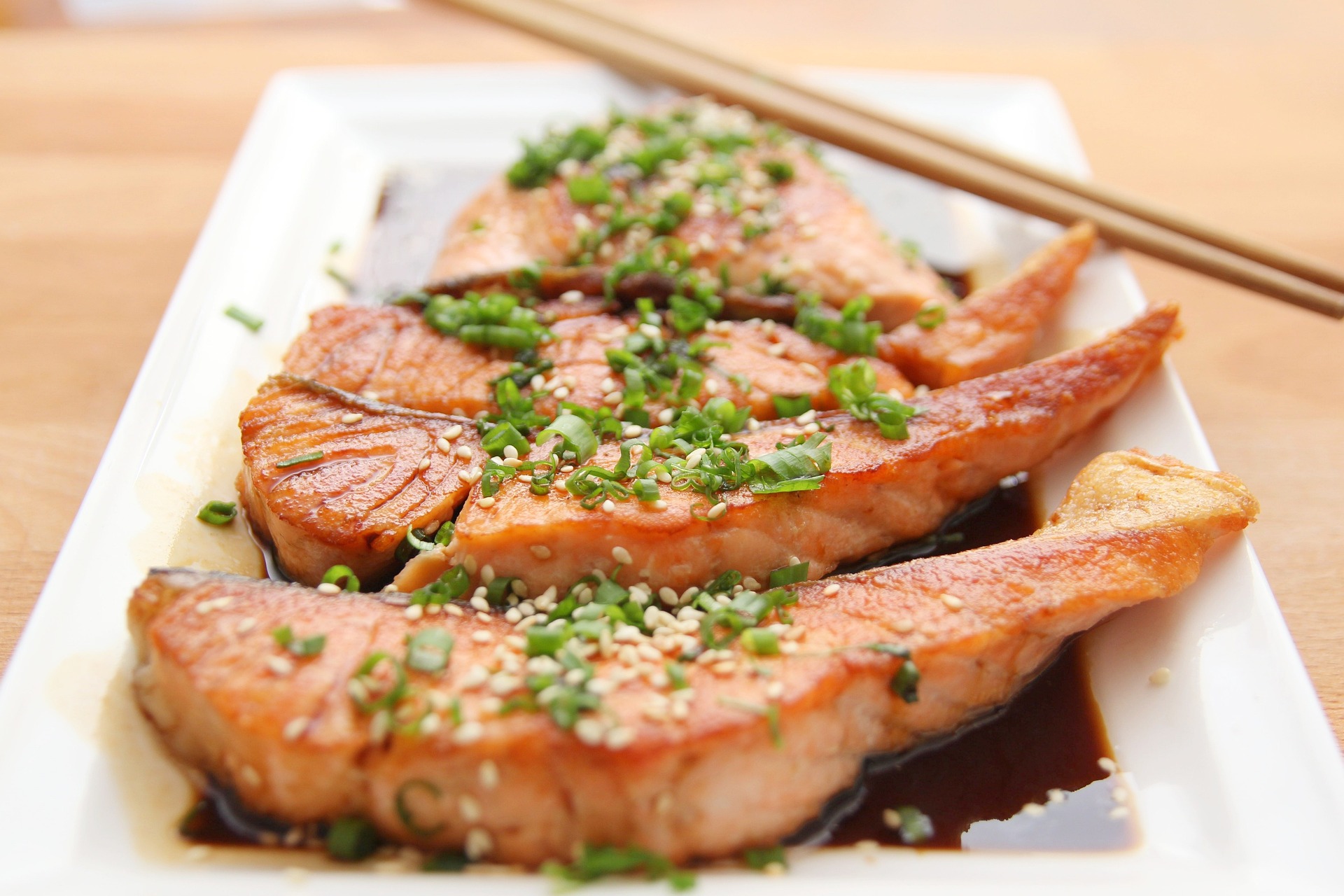Spicing Up Your Kitchen: The Art of Cooking with Exotic Spices
The world of spices is as vast and diverse as the cuisines they inspire. From the fiery heat of the Indian subcontinent to the delicate aromas of the Mediterranean, spices are at the heart of every dish, transforming ordinary ingredients into extraordinary culinary experiences. In this article, we’ll embark on a journey through the spice rack, exploring the flavors, origins, and uses of some of the world's most exotic spices.

The Allure of Spice: A Brief Introduction
Spices have been at the center of human civilization for thousands of years, shaping trade routes, sparking wars, and inspiring countless culinary masterpieces. These aromatic substances, derived from various parts of plants, have the power to take our taste buds on a global journey, evoking the flavors and traditions of far-off lands.
The Spice Route: Exploring Exotic Flavors
Let’s begin our journey in the Middle East with sumac, a tangy spice with a vibrant red hue. Widely used in Middle Eastern cuisine, sumac imparts a tart, lemony flavor to dishes, making it a perfect seasoning for grilled meats and salads.
Next, we journey to North Africa, where we encounter ras el hanout. This complex spice blend includes ingredients like cardamom, clove, cinnamon, and nutmeg, creating a warm, aromatic flavor profile that is essential in Moroccan dishes like tagines and couscous.
Cooking with Exotic Spices: Techniques and Tips
Using exotic spices can be a bit daunting at first, but with a few tips, you can start adding unique flavors to your dishes in no time. Here are some guidelines:
- Always toast your spices: This enhances their flavor and makes them easier to grind.
- Don’t be afraid to experiment: Mixing and matching spices can lead to exciting new flavor combinations.
- Start small: Spices are potent, so it’s best to add a little at a time. You can always add more, but you can’t take it out!
How to Store Your Spices
Proper storage is crucial when it comes to maintaining the potency and flavor of your spices. Here are some storage tips:
- Store your spices in a cool, dark place: Heat, light, and moisture can degrade the quality of your spices.
- Use airtight containers: This will help prevent your spices from losing their flavor.
- Label your spices: This will help you keep track of when you bought them, as spices can lose their potency over time.
Spicing Up Your Life: The Health Benefits of Spices
Beyond their culinary uses, many spices also offer a range of health benefits. For example, turmeric, a staple in Indian cuisine, has anti-inflammatory properties, while cinnamon can help regulate blood sugar levels.
Conclusion
Exploring the world of exotic spices can be a thrilling culinary adventure. With their vibrant flavors and health benefits, these aromatic wonders can transform your dishes and transport your taste buds to distant lands. So, why not spice up your kitchen and start experimenting with these exotic flavors today? Your culinary journey awaits.




